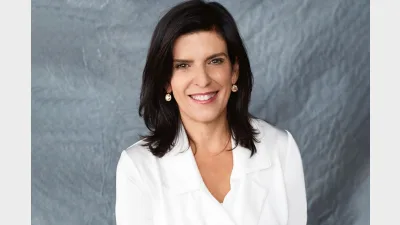Women’s super assets plateaued


The share of superannuation assets held by women has plateaued over the four years to 2013/2014, after two decades of growth, according to the Association of Superannuation Funds of Australia (ASFA).
ASFA's data, complied by the Australian Bureau of Statistics (ABS), found women also experienced a lesser percentage increase than men in average balance at the time of retirement, with the average balance for men increasing by 48.5 per cent over the two years to 2013/14 compared to 31.6 per cent for women.
ASFA chief executive, Pauline Vamos, said this likely reflected the different work patterns and earnings levels on average of men and women in their pre-retirement years.
"Even though account balances are increasing overall for women, the statistics still show that men are more likely to have superannuation than women, and also that men on average have a higher account balance. In many cases, broken work patterns and lower average wages still impede on women's ability to save for retirement," she said.
"ASFA has proposed a number of options for improving the economic security of women in retirement, including raising and broadening the superannuation guarantee, retaining the low income superannuation contribution scheme, and amending annual contribution caps to enable people with broken working patterns to ‘catch up' their superannuation contributions."
The data also found that average super account balances were rising, thanks to young people saving more, but still had a long way to go to ensure a comfortable retirement.
For individuals in their early 30s, average balances rose to $36,400 for men and $25,550 for women in 2013/2014, almost two times the average balances of $20,000 for men and $14,000 for women two years earlier, the data showed.
Average superannuation balances at the time of retirement also rose, to $292,500 for men and $138,150 for women in 2013/2014 from $197,000 and $105,000 respectively in 2011/2012.
"Even with reliance on the Age Pension, a retiree with a balance of less than this [ASFA minimum of $545,000] may struggle to maintain the lifestyle in retirement that they are accustomed to. People today are living longer and often retiring with more debt than generations before."
Recommended for you
Peri and menopause training founder and TV journalist Shelly Horton has hit back at calls for businesses to introduce menopause leave.
Former federal MP Julia Banks insists that all women can use their personal power to advocate a more inclusive workplace and support other women.
After a successful inaugural event last year, the Women in Finance Summit is returning in 2024 with more business insights and networking opportunities.
Super Review is now accepting nominations and submissions for the Women in Finance Awards, to be held in November 2024.












